Elections in Ukraine: All You Need To Know
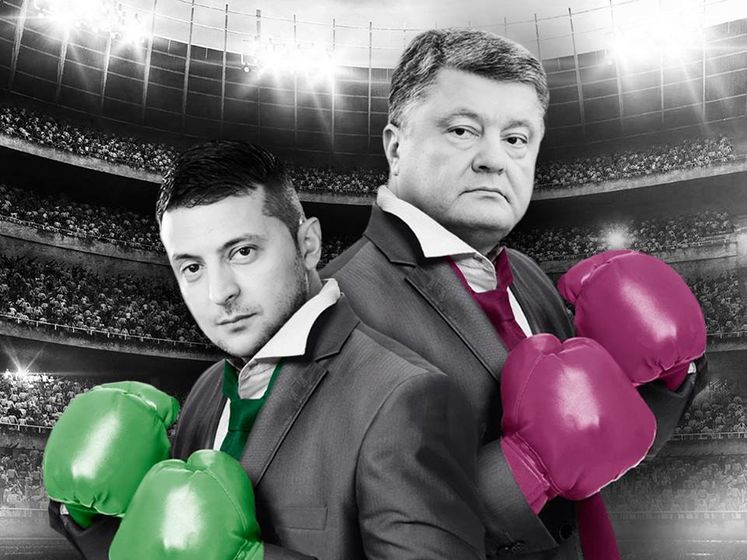
Ukraine is in the midst of an electoral campaign. Volodymyr Zelenskiy and Petro Poroshenko, who received the biggest number of votes in the first round of presidential elections, are actually close to the finish line. However, the electoral campaign becomes more and more interesting. Candidates focus on show and action, sometimes forgetting about their own programmes and ideas.
What is happening in Ukraine, what is this struggle about and who will win - Vitaliy Tysiachnyi, coordinator of the Social Democratic Platform in Ukraine, explains.
Get involved! Women empowerment in Morocco
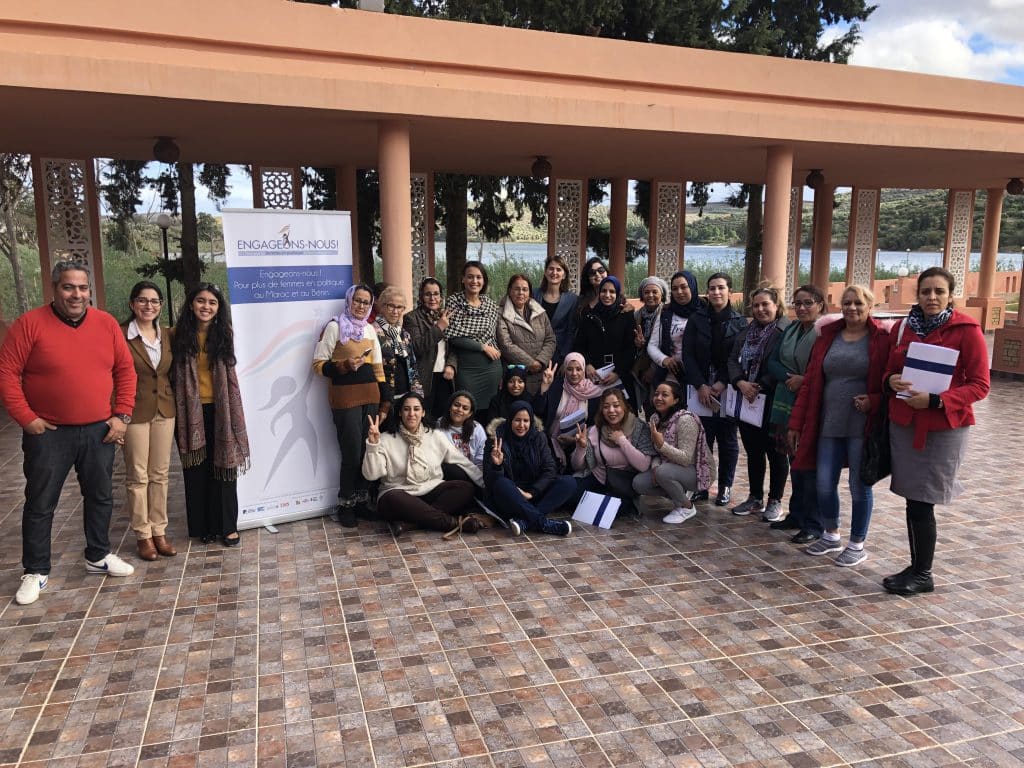
Did you watch any of the election debates during the last Provincial Council elections? Then you must have noticed: lots of men in suits. We currently have only a few female party leaders in the Netherlands. Not only that: women occupy only 46 of the 150 Lower House members, are underrepresented in top positions and are still paid less in the same positions. Fortunately, many projects exist to change this. A well-known example is 'Vote for a Woman', an initiative to promote women's political emancipation and representation. As a result, last election, 42 women were elected with preferential votes. But there is still a world to be won, even though women have been allowed to stand for election for more than 100 years.
North Macedonia catching the EU train
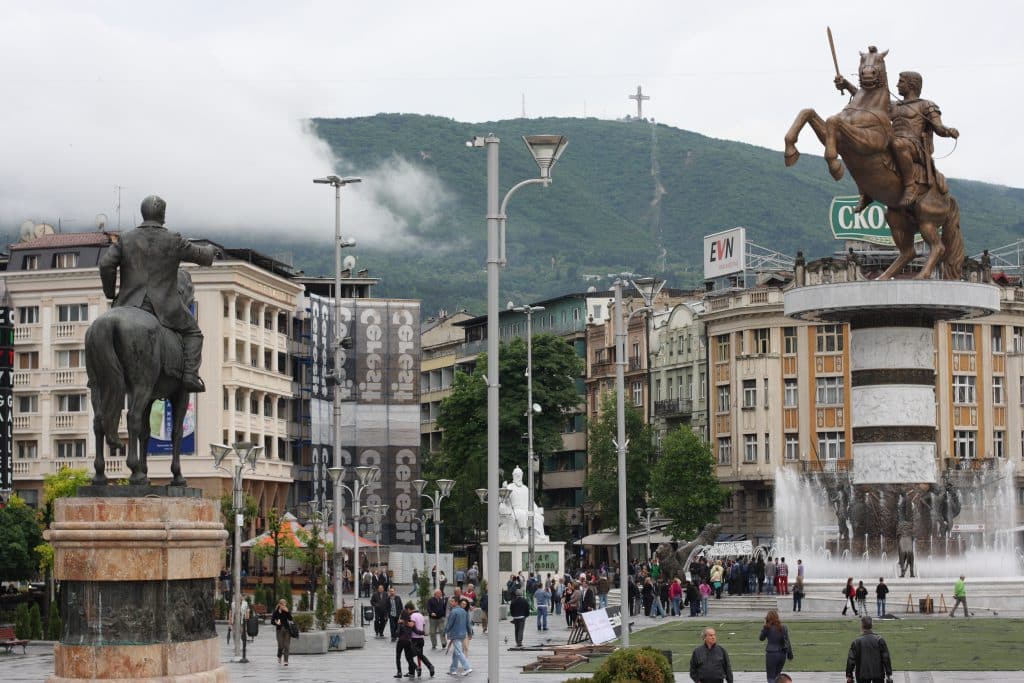
On the 6th of March Foundation Max van der Stoel joined a roundtable discussion at the FES EU Office in Brussels: North Macedonia and Greece after the Prespa Agreement. This Agreement settled the name dispute between Greece and (now) North Macedonia and paved the way for Euro-Atlantic integration. The discussion covered both the lessons that could be learned from this process as well as expectations for the relations between North Macedonia and Greece after signing the Agreement.
Behind the scenes: a report on the protests in Belgrade
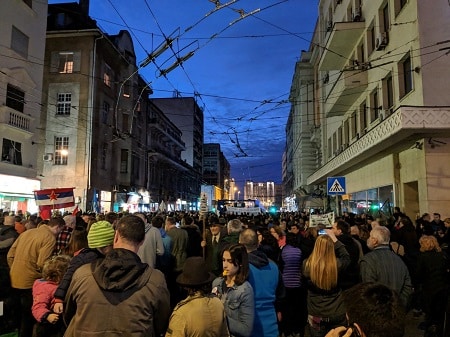
After months of weekly street protests, the protest movement in Serbia on Saturday 16 March tried to increase pressure on authoritarian President Vučić by occupying the public broadcaster's building and, unsuccessfully, demanding airtime. Without using excessive force, the building was cleared by police. The protesters dealt a small blow to the president in their fight for media freedom and restoration of democracy and rule of law, but the road to victory is still long. Foundation Max van der Stoel was at the protests in Belgrade and saw a particularly diverse group of citizens defy fear and take on the president.
Progressive government in northern Macedonia works on human rights
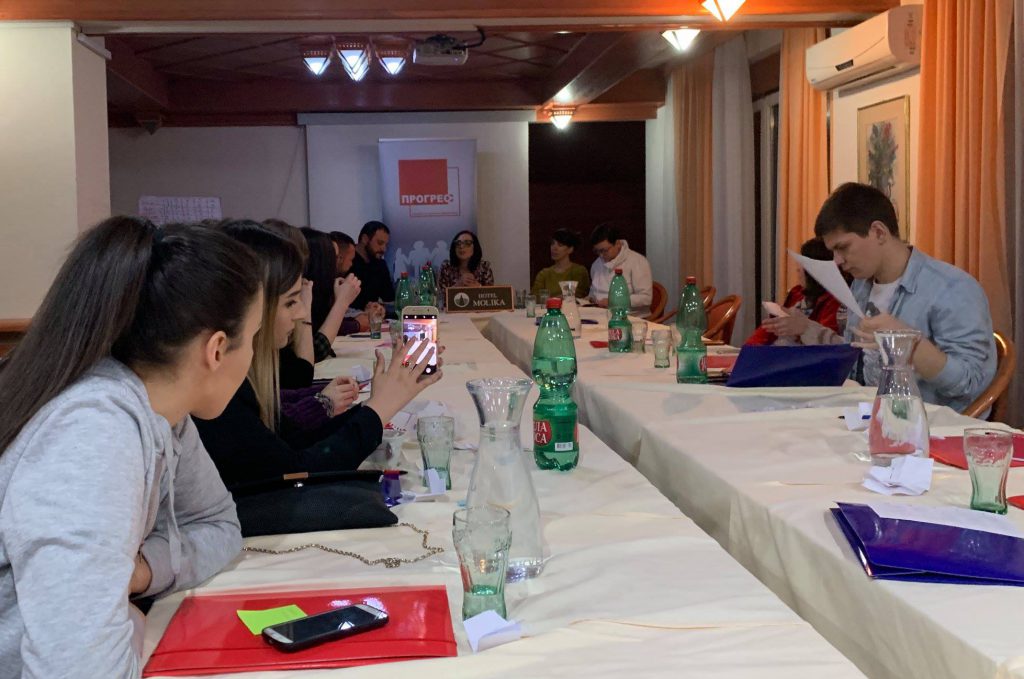
After a peaceful revolution, Prime Minister Zaev's progressive government has made great strides in a short time: improved relations with neighbouring countries, signed a historic agreement with Greece and made strides in Euro-Atlantic integration. The country is also breaking with illiberal trends in neighbouring countries in the field of human rights and equality. For instance, the rights of LGBT people are on the agenda of a political party in Macedonia for the first time.
Alfred Mozer and the Labour Party
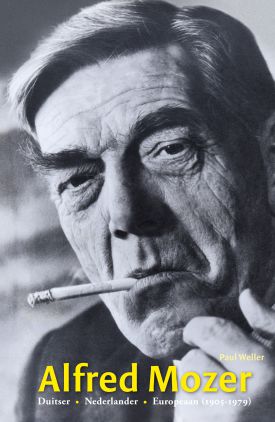
This month saw the publication of the biography of Alfred Mozer, the first International Secretary of the Labour Party during the years 1946-1958:
'Alfred Mozer, German-Dutch-European, 1905-1979'.
Nigerian presidential elections postponed
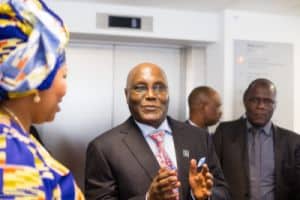
On the 16th of February general elections were supposed to occur in Nigeria. The last time elections were held was in 2015, where voters could choose between Goodluck Jonathan and Muhammadu Buhari. People hoped this election would bring a new start. This year, Nigerian voters are choosing between the sitting president Buhari (76) and a new candidate, Atiku Abubakar (72). Both are known for being corrupt. The majority of voters in Nigeria do not feel represented by these men, especially the younger part of the population. On top of that, Nigerians never even got a chance to vote this past weekend: the elections were postponed. How did Africa's largest democracy end up here?
Finally a new government in Lebanon
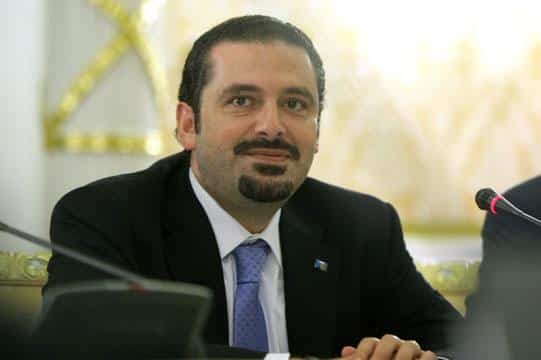
After a nine-month deadlock it was announced on January 31 by Prime Minister Saad Hariri that Lebanon formed a new government. Hariri has been negotiating with Lebanon's rival parties since the parliamentary elections last May. The political system that is based on a power-sharing agreement between religious groups lies at the heart of this long process. The main obstacles concerned the Iran-backed Hezbollah group gaining ground in the government and therefore appointing key ministries which would enlarge their sphere of influence.
Zimbabwe after Mugabe: new president Mnangagwa does not bring promised change
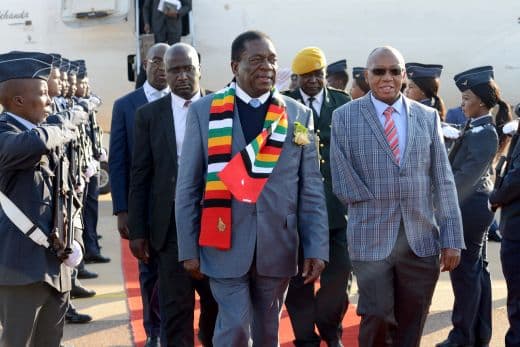
In the past few weeks multiple protests have sparked in the South African country Zimbabwe, bringing a lot of violence and resulting in arrests. The direct cause for these protest was the rise of fuel prices by 150 percent. This meant that petrol now costs 3.31 US dollars per litre, the highest fuel price in the world. The bigger picture shows a general unrest in the country, where corruption and poverty are still very present. When President Robert Mugabe resigned under pressure of his party, the people were very happy. However, the new president Emmerson Mnangagwa has not brought the changes people hoped for.
Romania: Corruption index remains almost the same, but EU concerned about rule of law
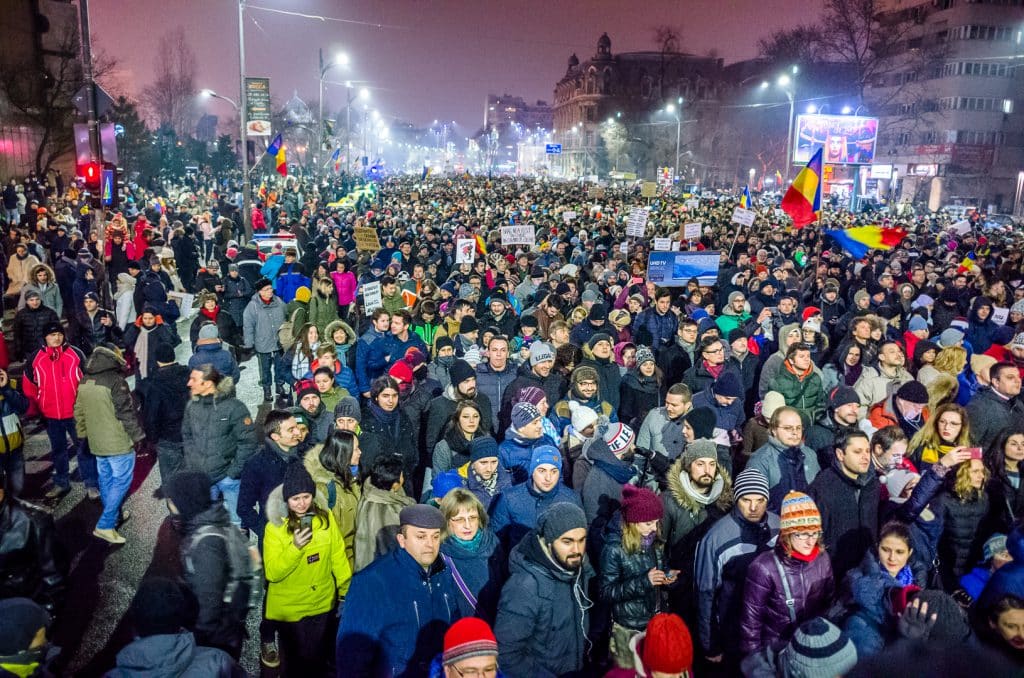
For a number of years, Romania's anti-corruption prosecution was able to secure resounding convictions. The government has stopped that momentum, trying to muzzle the prosecution and ignoring the independent governing body of the judiciary. However, this does not yet translate into a lower score on Transparency International's Corruption Perception Index.

